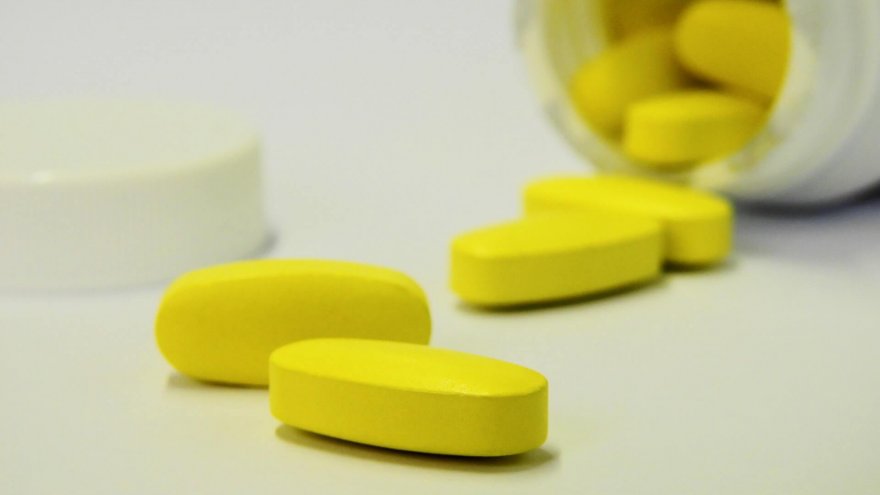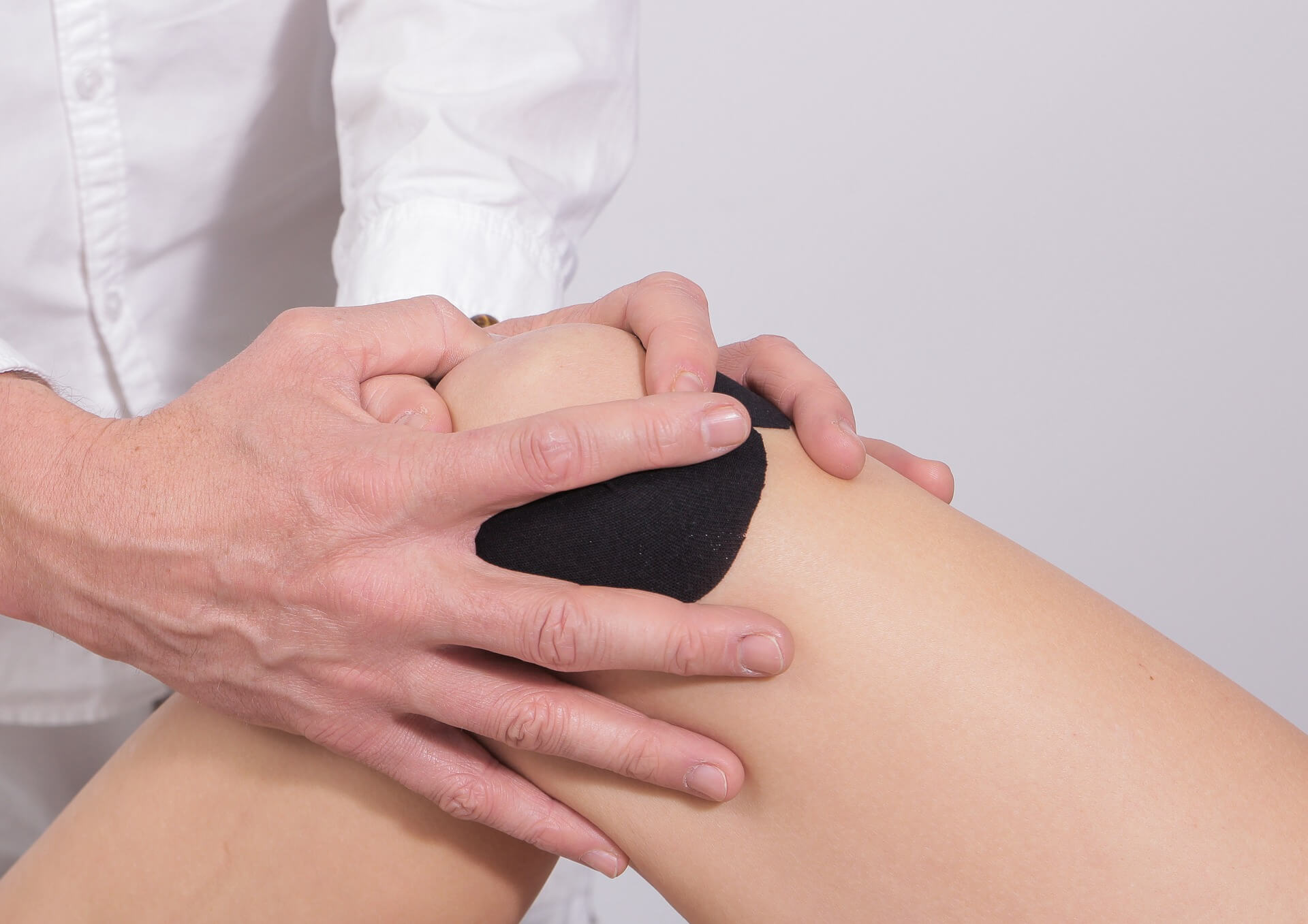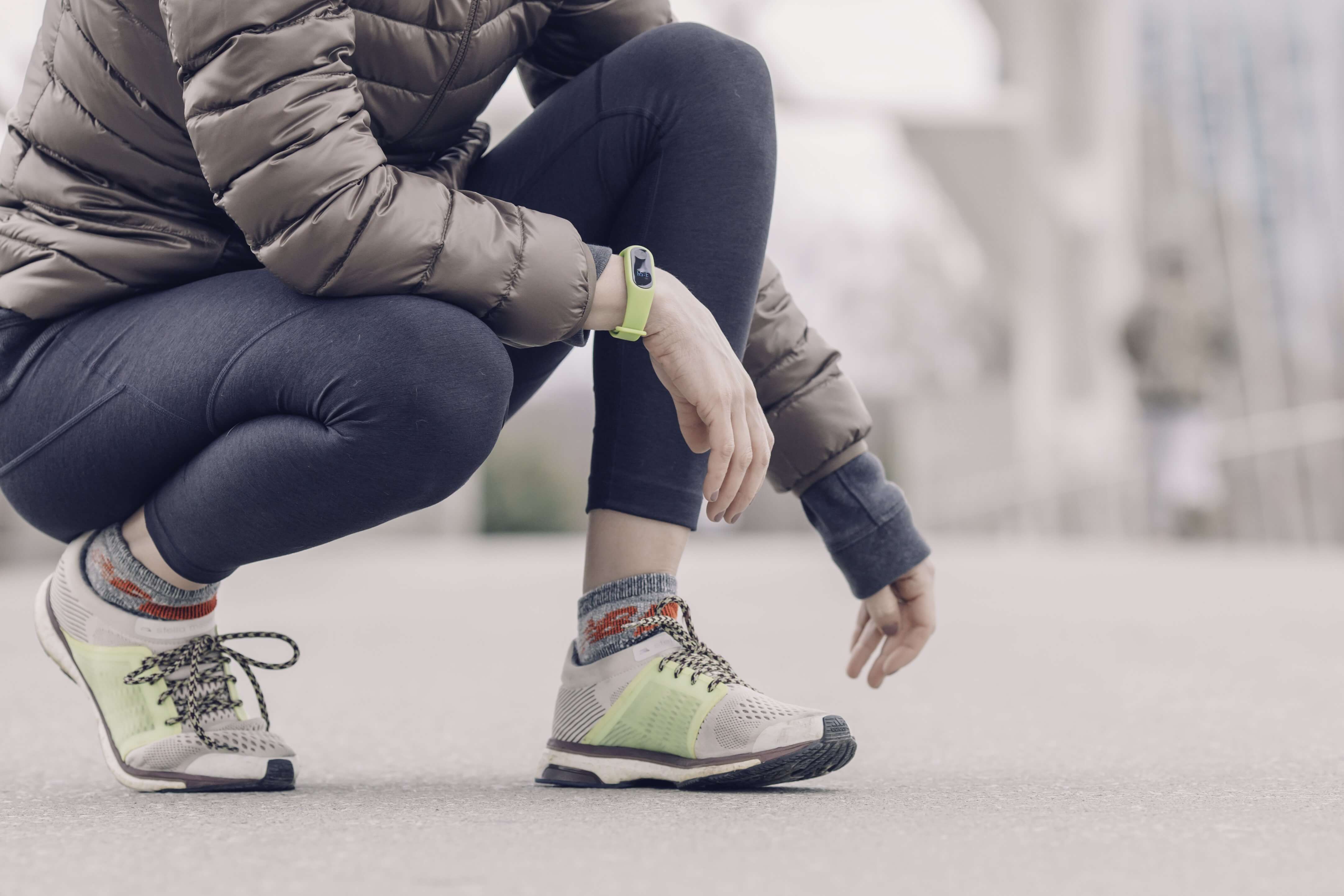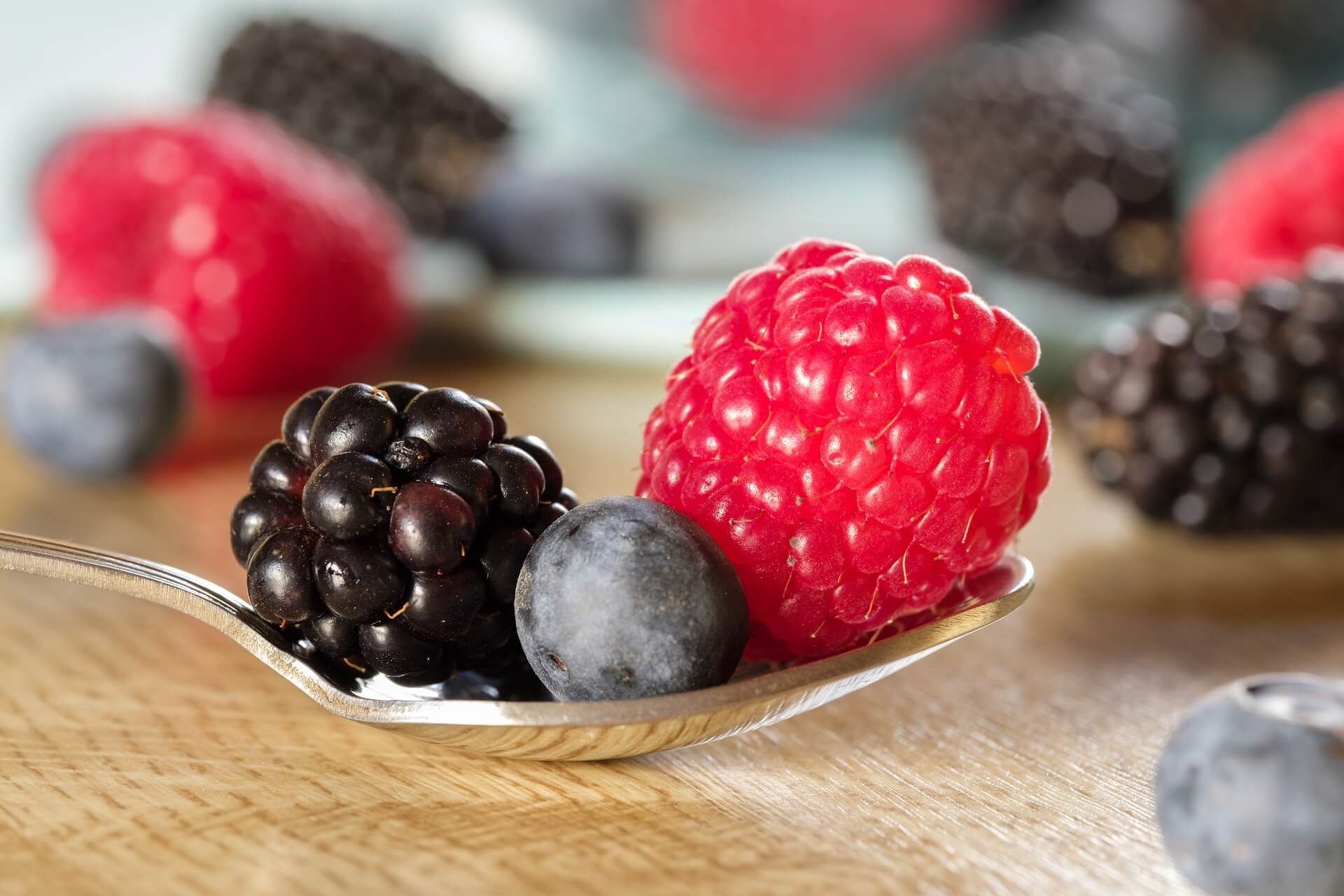Collagen Supplementation for Joint Pain and Mobility

If you are a runner you have probably had several people tell you that running is bad for your knees. You may believe them since it is uncommon to come across a regular runner who does not have any pain at all. Given that you are constantly pounding against the ground while running, it only makes sense that the sport may take a toll on your body. Well, the good news is that there are several studies that have shown no evidence that running causes joint damage or arthritis as most people believe. In fact, exercise, including running, is beneficial for protecting joints from further deterioration. Arthritis is basically the wearing away of the cartilage surrounding our bones. Some people are more prone to this condition than others, but one thing is certain—exercise can help decrease our risk for it and actually help with symptoms once we develop this nagging disease.

Arthritis Management
Unfortunately for those who are more prone to progressive arthritis and experience symptoms that limit activity on a daily basis, the best course of treatment is to include other pain management techniques. It is always best to opt for conservative management when possible, which includes exercise, physical therapy, topical heat and ice, and compression. If these techniques do not provide sufficient relief most doctors will prescribe anti-inflammatory and pain medication. There are other supplementation options that have recently become popular that are considered to be more natural to our bodies. Glucosamine, chondroitin, turmeric, fish oil, and capsaicin are some alternatives that may help relieve arthritis symptoms.

Collagen
The cartilage in our bodies are made up of collagen and elastin fibers and proteoglycan, all which create a matrix that contains no blood vessels, therefore growth and repair is very slow and limited. As arthritis develops and the cartilage starts to weaken, these tissues begin to deteriorate. It makes sense to replace what is lost somehow, which is why collagen supplementation is now an option. Although studies are ongoing, many people affected by arthritis have had positive outcomes with the use of collagen.
The research for the efficacy of collagen supplementation has had mixed results. Some have studied its use in combination with other pain relievers such as Acetominophen, which has shown the best outcomes. One specific study was performed over a 24-week period on 149 athletes with subjective joint pain with regular activities such as standing, walking, lifting objects, and at rest. The athletes who supplemented solely with 10 grams of collagen hydrolysate resulted with significantly less pain after the trial. Many other studies concluded similar results but specifically point out that positive outcomes were only seen in those with osteoarthritis, rather than rheumatoid arthritis, which is an autoimmune disease.

Forms of Collagen
Supplementation
The powdered forms of collagen are quite common for athletes, since it is similar to using other protein powders to make shakes and smoothies. These bone broth powders are taken from chicken or another animal source, and are known to have the highest dosage of type II collagen. Other powdered forms with slightly less concentrated collagen are those made from fish bones and skin. To make things even easier, collagen is also available in pill form.
Everyday Foods
Since collagen is protein, it makes sense to include enough protein in your diet, especially from animal sources such as chicken, fish, and lean meats. Foods high in vitamin C are also important as this vitamin plays a role in collagen production and healing in the body. Citrus fruits, broccoli, Brussels sprouts, and bell peppers are excellent sources of vitamin C. Including foods with a high antioxidant content may also help decrease overall inflammation in the body, which includes the inflammation caused by enzymes that are linked to collagen deterioration. Anthocyanins are antioxidants with the power to fight these types of enzymes and are found in bright colored fruits and vegetables.

Taking collagen in any form may be beneficial to overall joint health. Even if you are not experiencing arthritis or its symptoms, it may help prevent the disease from developing in the future. Although the studies involving collagen supplementation for joint pain are mixed, it does not hurt to try as there is little risk involved with this protein source. Some side effects may arise such as mild diarrhea, allergic reactions, and unpleasant taste. There are high levels of calcium in most supplements so if you are already taking a calcium supplement it is sensible to eliminate it while taking collagen.
Collagen not only is shown to help joint pain and mobility issues, but it has the ability to assist with skin elasticity and hydration. This means it may help with the prevention of skin wrinkles. It has also been shown to be beneficial to those with osteoporosis, due to its association with bone formation and possible improvements in bone mineral density. If you are looking for a more natural route to pain relief, collagen may be an option. As concluded in many studies the combination of collagen with other pain medications has had a larger effect on relief. Rather than choosing a substance to temporarily mask pain, it seems more beneficial to supplement with something that works with the source of the problem and has less side effects.
Sources
- , 24-Week Study on the Use of Collagen Hydrolysate as a Dietary Supplement in Athletes with Activity-Related Joint Pain., Journal
- , Efficacy of Oral Collagen in Joint Pain - Osteoarthritis and Rheumatoid Arthritis, Journal
- , Effects of Native Type II Collagen Treatment on Knee Osteoarthritis: A Randomized Controlled Trial, Journal
- , Collagen Supplementation as a Complementary Therapy for the Prevention and Treatment of Osteoporosis and Osteoarthritis: A Systematic Review, Journal
Latest Articles
 Is Running on a Treadmill Easier Than Running Outside?Runners have their own preferences, whether it is treadmill running, running outside on the road, or exploring trails. So...
Is Running on a Treadmill Easier Than Running Outside?Runners have their own preferences, whether it is treadmill running, running outside on the road, or exploring trails. So... Is It OK to Use Trail Running Shoes on the Road?While trail running shoes can be used on roads, especially in situations where a runner encounters mixed terrains or pref...
Is It OK to Use Trail Running Shoes on the Road?While trail running shoes can be used on roads, especially in situations where a runner encounters mixed terrains or pref... How to Fix Sore Quads After Running?Rest, ice, gentle stretching, and over-the-counter pain relievers can help soothe sore quads after running. Also, ensure ...
How to Fix Sore Quads After Running?Rest, ice, gentle stretching, and over-the-counter pain relievers can help soothe sore quads after running. Also, ensure ... 10 Fruits With The Most Electrolytes to Replace Sports DrinksThese fruits are high in electrolytes such as potassium, magnesium, and calcium, essential for hydration, muscle function...
10 Fruits With The Most Electrolytes to Replace Sports DrinksThese fruits are high in electrolytes such as potassium, magnesium, and calcium, essential for hydration, muscle function...

